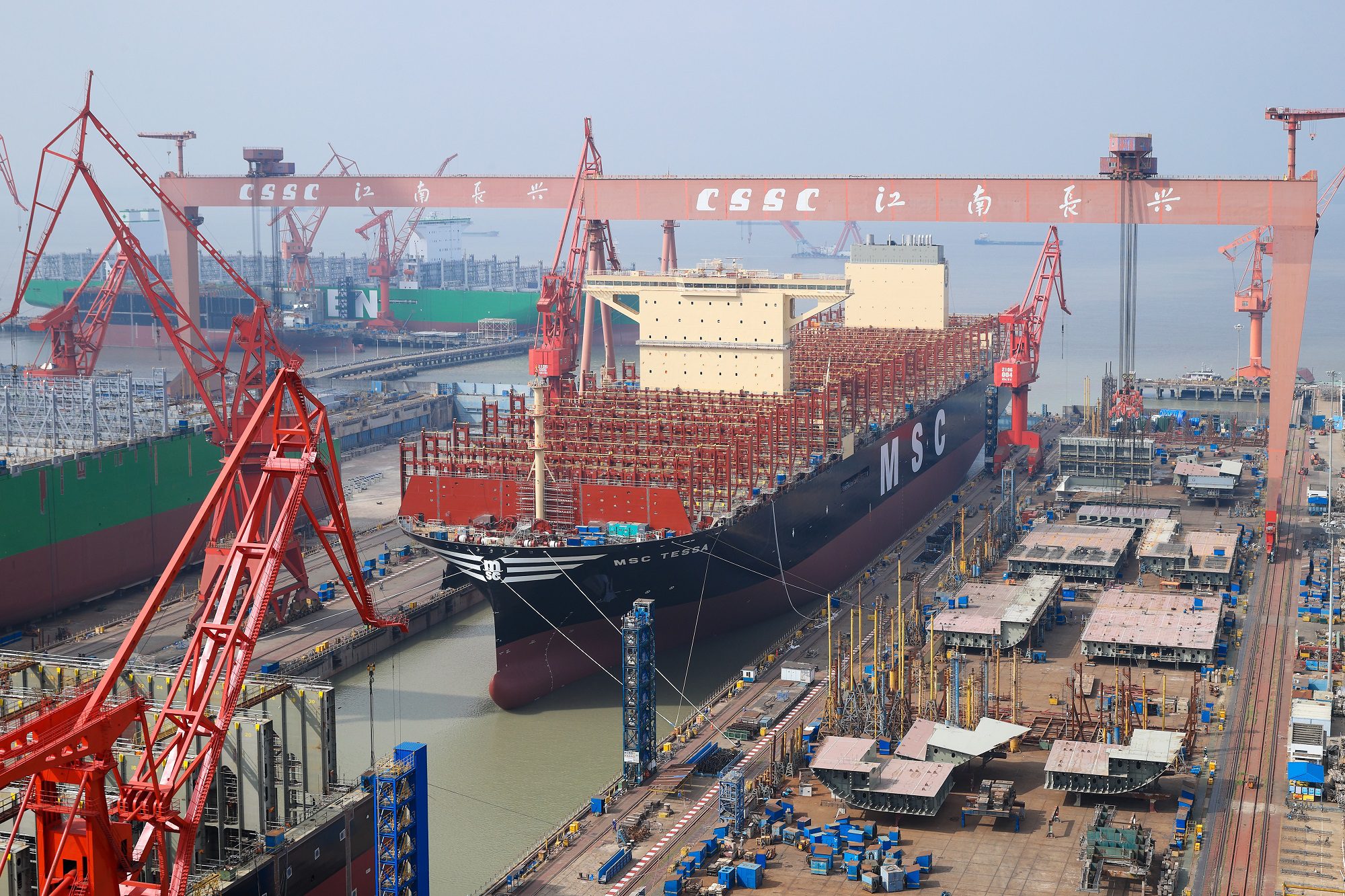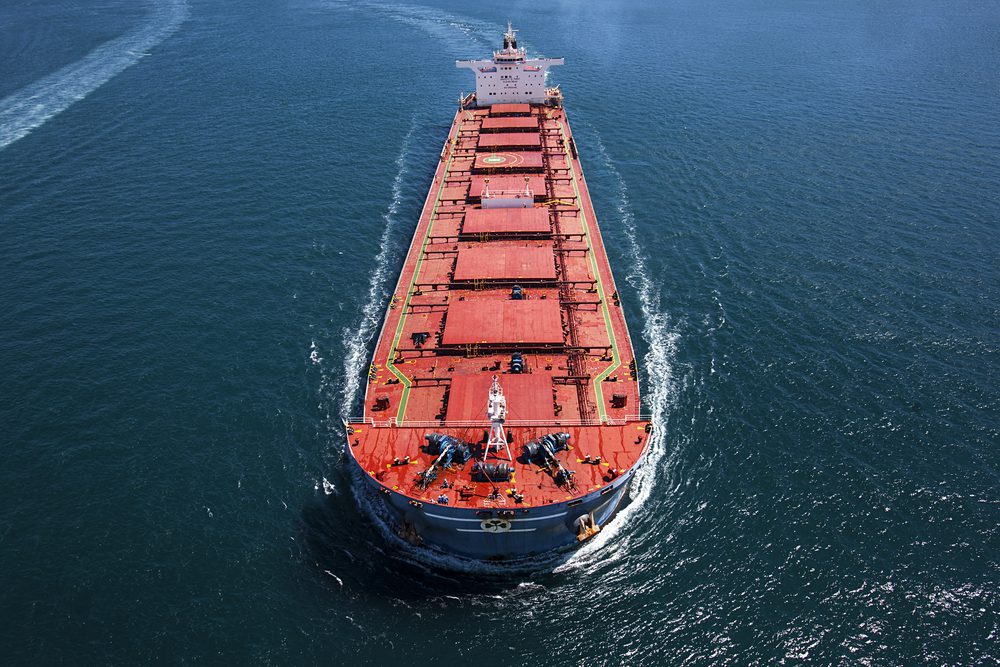The U.S. Trade Representative (USTR) has issued a landmark finding, concluding that China’s aggressive targeting of the maritime, logistics, and shipbuilding sectors constitutes an “unreasonable” practice under Section 301 of the Trade Act.
The determination opens the door for potential retaliatory measures as the United States grapples with its diminishing role in commercial shipbuilding and maritime logistics.
The U.S. Trade Representative (USTR) report has revealed alarming findings about China’s dominance in global maritime sectors, highlighting a dramatic reversal in American shipbuilding capabilities that threatens both economic and national security interests.
“Today, the U.S. ranks 19th in the world in commercial shipbuilding, constructing fewer than five ships annually, while China builds more than 1,700 ships each year,” said U.S. Trade Representative Katherine Tai. “In 1975, the United States was the global leader, building over 70 ships annually.
Tai emphasized the severity of the situation, noting that “Beijing’s targeted dominance of these sectors undermines fair, market-oriented competition, increases economic security risks, and is the greatest barrier to revitalization of U.S. industries, as well as the communities that rely on them.”
The USTR investigation found that China’s dominance strategy encompasses multiple unfair practices, including state subsidies, preferential sourcing policies, and unfair labor practices. These actions have effectively decimated U.S. maritime capabilities and resulted in the loss of thousands of American jobs.
Perhaps most concerning is the investigation’s revelation about U.S. dependence on Chinese maritime infrastructure. American international trade now largely relies on “vessels made in China, financed by state-owned Chinese institutions, owned by Chinese shipping companies, and reliant on a global maritime and logistics infrastructure increasingly dominated by China.”
The USTR’s investigation was initiated in response to a petition filed by five national labor unions, including the United Steelworkers and the International Brotherhood of Boilermakers. Their call for action underscored the devastating impact of China’s trade practices on American jobs, industrial capacity, and economic security.
David McCall, President of the United Steelworkers union (USW International), warned that China’s systematic targeting of maritime sectors has left the United States “increasingly dependent on the PRC and its industries to meet our economic and national security needs”.
IAM Union International President Brian Bryant, speaking from direct experience as a shipbuilder, echoed the urgent need for action: “It is well past time to take swift and bold action to restore U.S. shipbuilding to a position of strength.”
The crisis extends beyond commercial concerns into national security territory. Transportation policy experts, including Arnav Rao from the Open Markets Institute, point to the United States’ laissez-faire approach to maritime policy since the 1980s as a key factor in allowing China and foreign shipping cartels to monopolize these crucial sectors.
“Rebuilding American maritime dominance will take a holistic, integrated-systems approach that includes economic regulation of the shipping industry, robust public support for U.S. shipping and shipbuilding capacity, and rapid public investment in merchant mariner training,” said Rao.
The investigation’s findings pave the way for potential remedial actions under Section 301 of the Trade Act. Proposed solutions include implementing port fees for Chinese vessels and developing a comprehensive approach to rebuilding American maritime dominance through economic regulation, public support for U.S. shipping and shipbuilding capacity, and increased investment in merchant mariner training.
President-elect Donald Trump has signaled his incoming administration’s commitment to confronting Beijing’s trade practices, stating that U.S. maritime industries have “suffered tremendously” and hinting at an aggressive approach to level the playing field.
As this crisis unfolds, the incoming administration faces mounting pressure to implement strong measures to revitalize U.S. shipbuilding capacity and protect national security interests.
USTR’s full report can be found here.

 Join The Club
Join The Club











